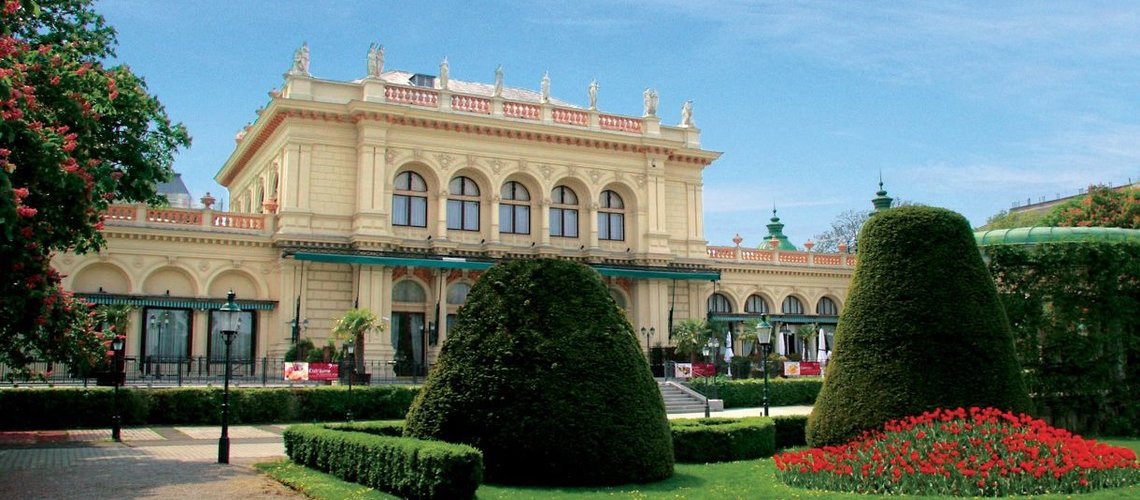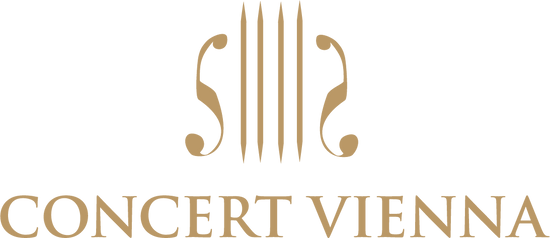Viennese things — classical music
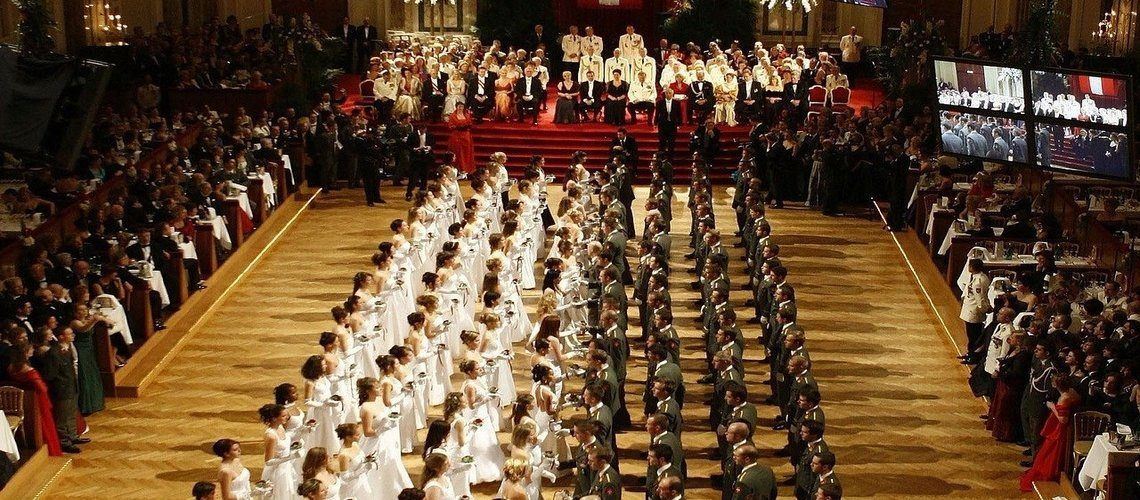
Vienna Ball Season: Everything You Ever Wanted to Know
Grandiose imposing surroundings, elegant formal attire and beautiful classical music — a traditional Viennese ball is a magical event everyone should experience at least once in their lives. To seamlessly fit in and really look the part, there are a few guidelines you should follow, especially when it comes to dress code and the types of dancing you’ll be expected to know. To help you have a truly enchanting evening and look as magnificent as the Viennese royalty who began the trend, here’s everything you ever wanted to know about Vienna ball season.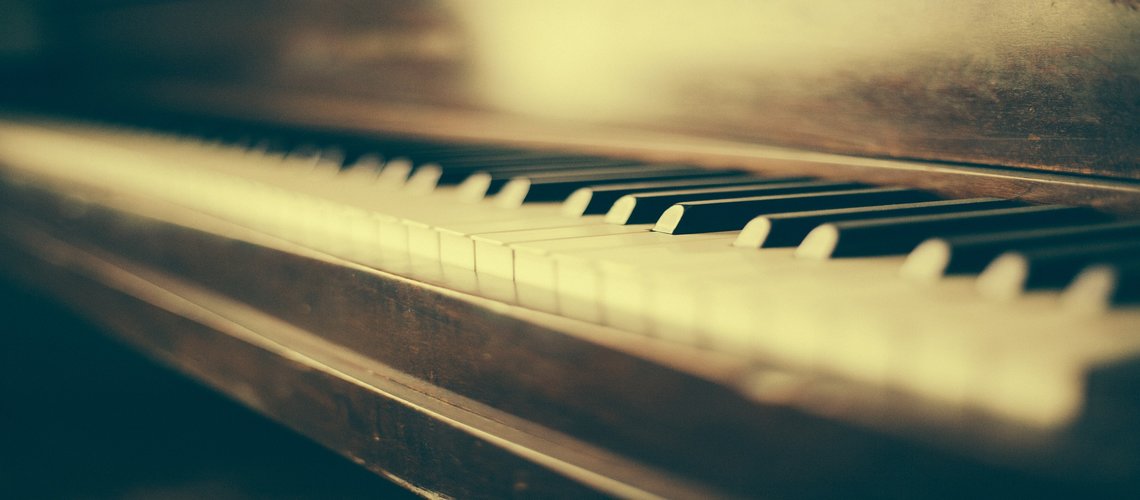
A Look Inside Mozarthaus in Vienna
Although Mozart lived at many addresses during his time in Vienna, only one of the places he called home is still around today — Mozarthaus. Located in the historic quarter at Domgasse number 5, the famous composer spent some of the happiest years of his life at this address between 1784 and 1787. As well as containing the real apartment in which Mozart lived, today Mozarthaus is also home to a spectacular museum which showcases many highlights from the composers public and private life.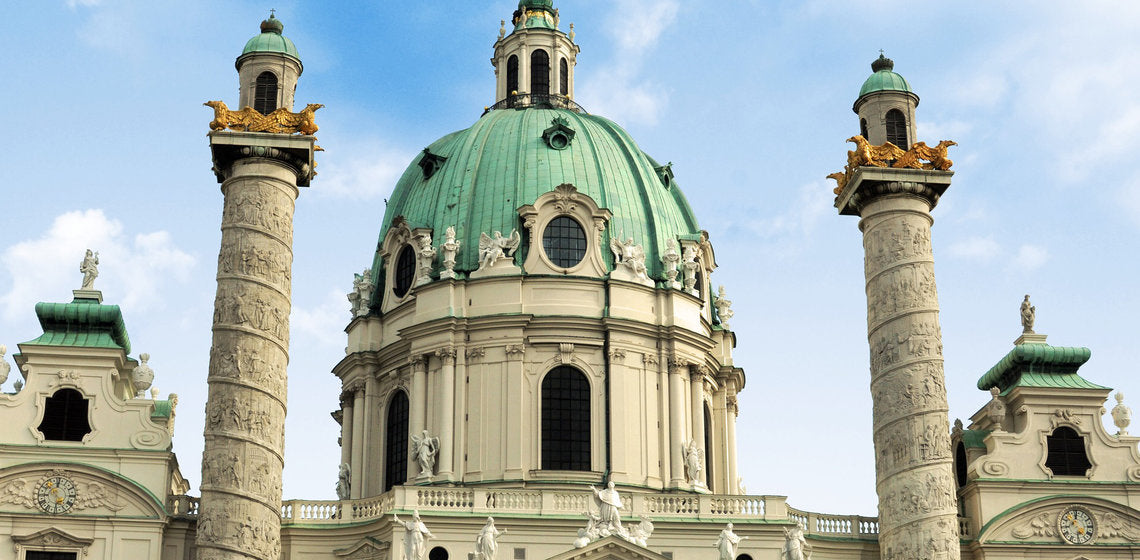
The Churches in Vienna You’ve Got to See for Yourself
You’ll struggle to find any other city in the world that has such a vast variety of architecturally diverse churches as Vienna. Not just places of worship, Vienna’s churches are monuments to history, art, architecture and music. While many of them throughout the city allow visitors to explore inside, one of the best ways to fully appreciate these magnificent structures is to attend a classical concert performed there.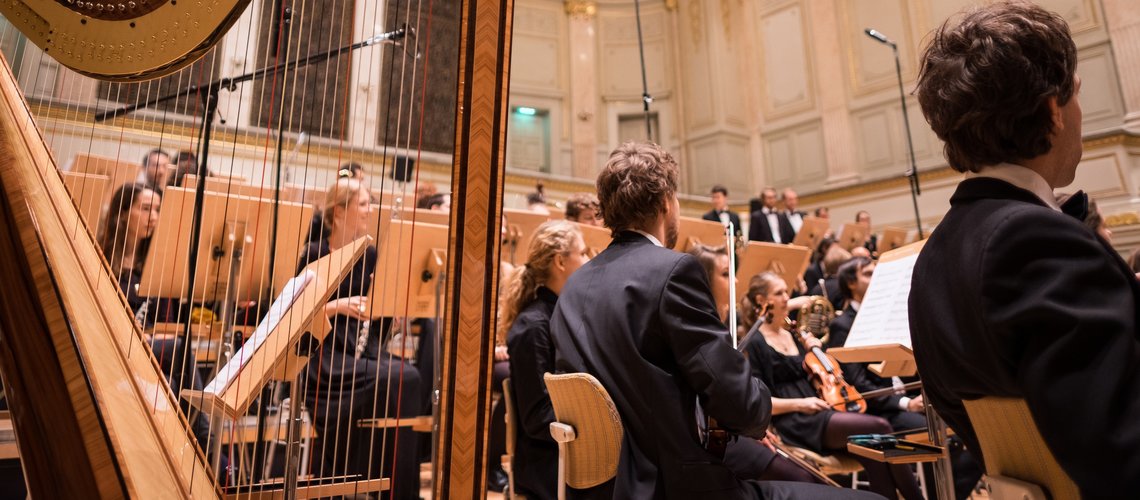
How Did Aristocrats Listen to Classical Music?
From CDs and the radio to downloads and online streaming, today we’ve got loads of ways to listen to music anytime and anywhere we want. But how did people listen to music back when none of this technology was available? The phonograph (the oldest method of listening to recorded music at home) wasn’t invented until 1877. So even highly-esteemed emperors and empresses had to find other means of listening to the popular music of the era.- Tags: classical music concerts History
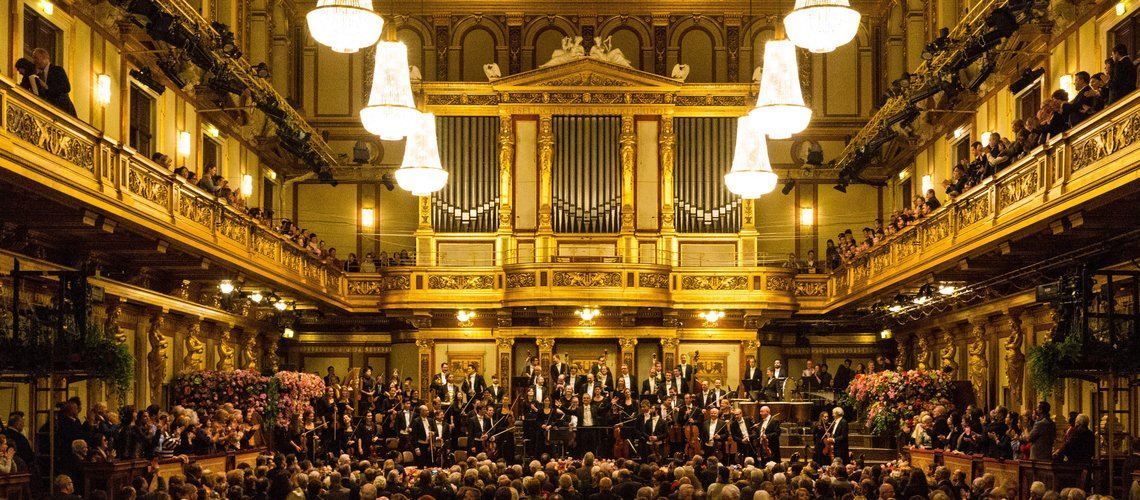
The Rich History of the Musikverein
Adored by music lovers from around the globe, the Musikverein is a fabulous concert hall in the Innere Stadt district of Vienna and is the home of the Vienna Philharmonic orchestra. Inside the magnificent building is the Great Hall (or Großer Saal), widely considered to be one of the finest concert halls in the world, thanks to its superb acoustics. The spectacular hall hasn’t been changed since it was originally constructed centuries ago, and shares the long, tall and narrow shoebox shape of other highly acclaimed music halls, such as Berlin's Konzerthaus.